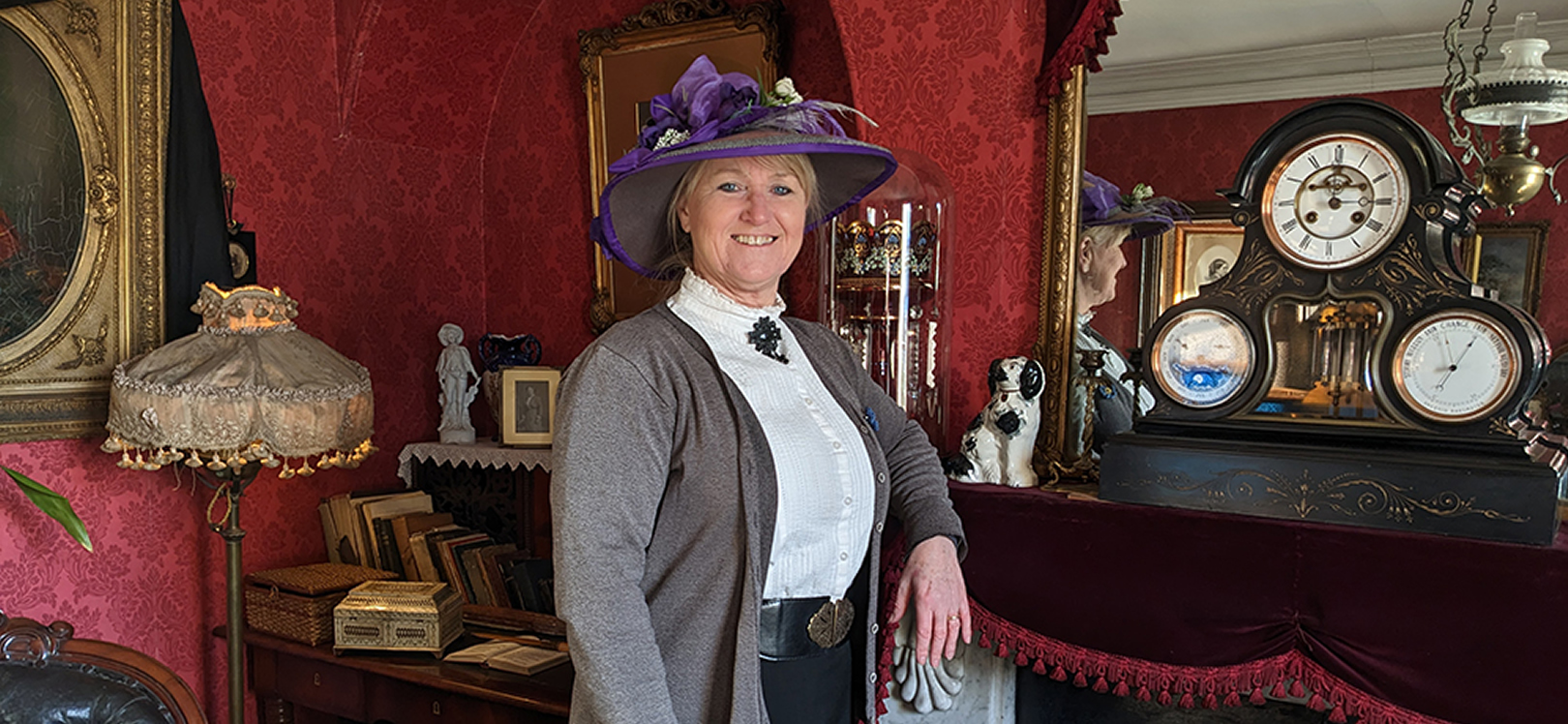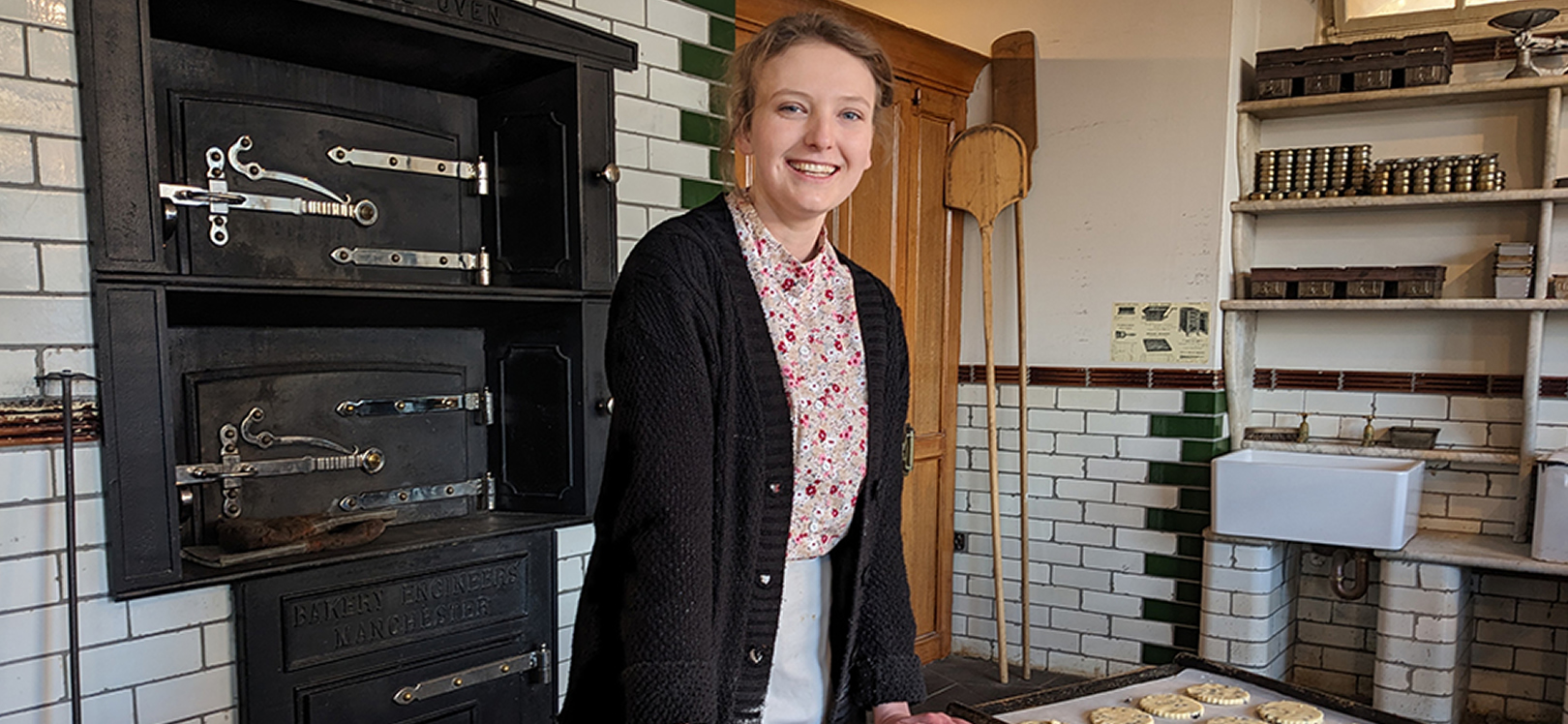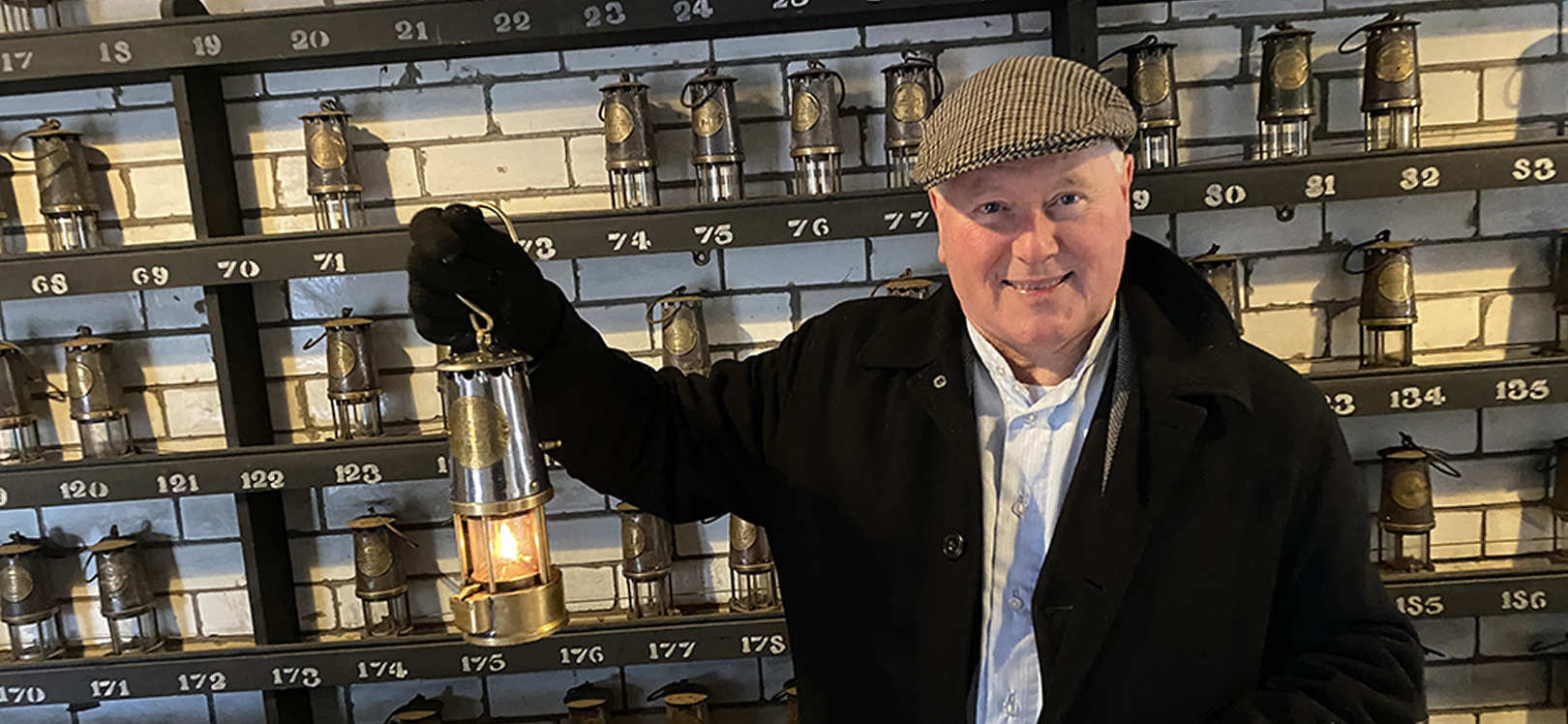Industry News
Exciting Jobs and Recruitment Fair at Beamish Museum
From working with heritage transport to creating tasty traditional treats, become part of something special with exciting and unique new jobs at Beamish, The Living Museum of the North.
A variety of seasonal roles are being advertised at the award-winning museum, including in The 1900s Town and Pit Village, Entrance Team, Transport Team, Cleaning Team, Rural Life Teams and Food Team.
Every day is different at Beamish, and this is a chance to help create special memories for visitors, and pass on the heritage and history of the North East so it will never be forgotten.
People interested in working at the County Durham museum are invited to find out more at a Recruitment Fair, taking place on Thursday, 9th February from2.30pm to 6.30pm at the museum’s Entrance Coffee Shop. (Please note, the rest of the museum is not open that day as the museum is currently in winter opening hours).
Michelle Suddes, HR Manager (interim) at Beamish Museum, said: “It’s a really exciting time for the museum as we prepare for our high season. We have a fantastic range of front of house opportunities right across the museum, covering a range of skills and experience.
“Beamish is a special place to work and be part of, there’s a real community feel amongst staff and volunteers, not to mention some of the benefits of being a Beamish employee. We are ready and waiting to welcome our seasonal recruits to the Beamish family – so please do check out our vacancies page on our website and come along to our Recruitment Fair to find out more.”
As well as an exciting and varied role, museum benefits include a Beamish staff pass which allows free entry for the employee and three other people, discount on catering and retail, contributory pension scheme, free parking and wellbeing initiatives such as our staff and volunteer skill shares.
Closing date for applications for seasonal roles is Sunday, 19th February.
Beamish is a world famous open air museum, telling the story of life in North East England during the 1820s, early 1900s, 1940s and 1950s.




